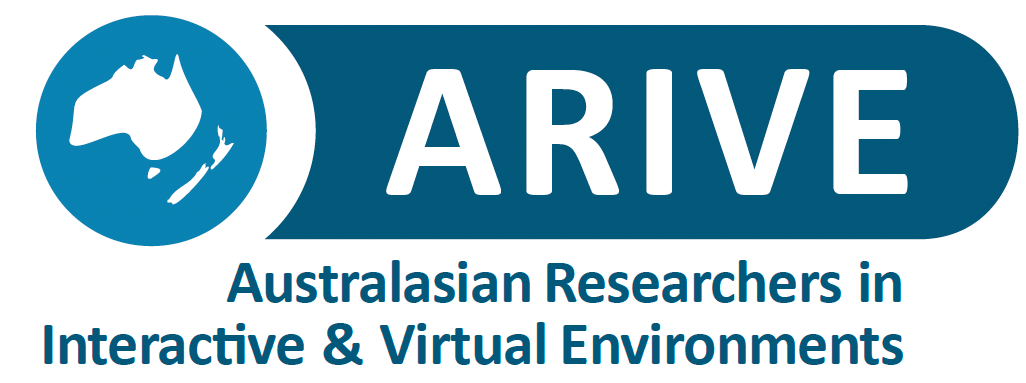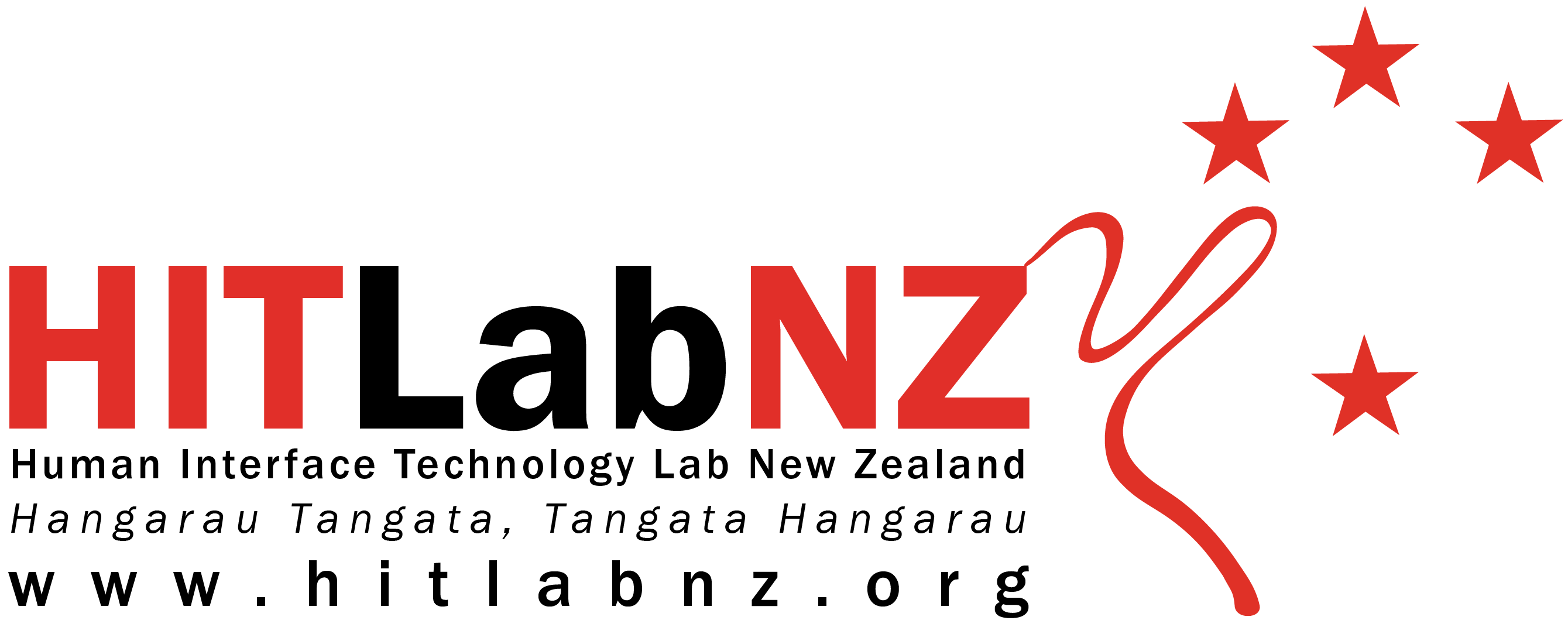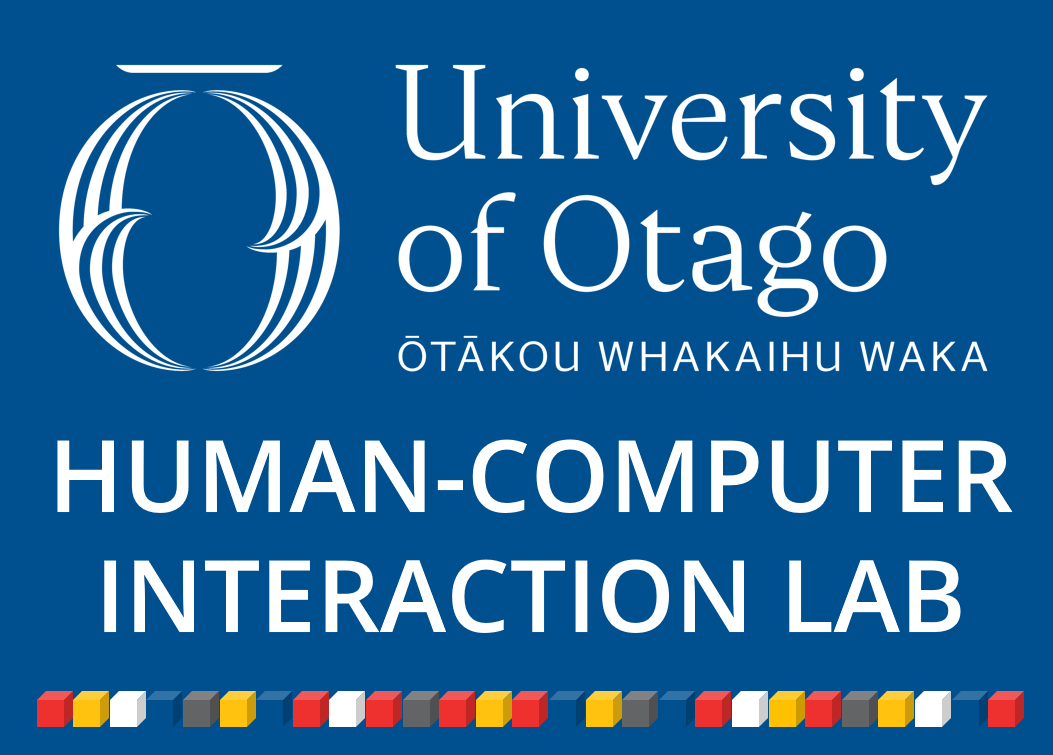Participating Labs
Below is a list of research labs and groups contributing to Oceania@CHI. If your lab is missing, feel free to contact Xinyan Yu.

Activating Everyday | UTS
This program performs cutting-edge research on the overarching theme of activating the everyday lives of people in domestic and professional settings through design-led inquiries.
https://activatingeveryday.com/
ARC Centre of Excellence for the Digital Child
Supporting young children growing up in a rapidly changing digital age. Shaping an environment with children, families, and communities so they can navigate their own digital worlds.
https://digitalchild.org.au
Australasian Researchers in Interactive Virtual Environments (ARIVE)
ARIVE is the largest nework of academic researcher institutions in Australia and New Zealand conducting research in Augmented Reality, Virtual Reality and Mixed Reality. Amongst our hundreds of researchers are some of the leading academics in the world.
https://arive.me/
HCI @ Unimelb
We are a world-leading group of Human-Computer Interaction (HCI) researchers who study, teach and are fascinated by issues arising from humans interacting with emerging technologies. Our group has strong foundations in both qualitative and quantitative methods, and brings together cutting-edge technology design with development.
https://cis.unimelb.edu.au/hci
HIT Lab NZ
A multidisciplinary human interface technology research centre at the University of Canterbury.
https://www.hitlabnz.org/
Interaction Design, The University of Queensland
In the Human-Centred Computing discipline we research how to design and create technologies that empower people and their communities.
https://eecs.uq.edu.au/human-centred-computing
Monash University, Human-Centred Computing
Digital technologies are transforming the world, blurring the boundaries between virtual and physical and profoundly changing the way we interact with information. Our Department of Human-Centred Computing (HCC) is at the forefront of these revolutions, ensuring that people are central as we refigure our societal, organisational and environmental relationships.
https://www.monash.edu/it/hcc
RMIT University
Known for design-led interaction research and practice-based methodologies.

The University of New South Wales
Our research areas include: social AI; affective computing; human behaviour analysis; human-computer-interaction (HCI); social signal processing; assistive technologies; mobile computing; pervasive computing; discreet computing, and adaptive learning.
https://www.unsw.edu.au/engineering/our-schools/computer-science-and-engineering/our-research/research-groups/human-centred-computing
The University of Sydney
HCI research at the University of Sydney spans multiple disciplines, from computer science to design. It brings together a diverse set of perspectives through various labs and centres, including the AID-Lab (School of Computer Science) and the Urban Interfaces Lab (Design Lab).
https://www.sydney.edu.au/ , https://design.sydney.edu.au/research-2/urbaninterfaces/
The University of Auckland
At the University of Auckland, HCI research is happening across computer science, engineering, design, and music, and primarily through two labs: the HCI Lab and the Empathic Computing Lab. Our research spans cutting-edge interactions and technologies to strive for positive impact.
https://hci.auckland.ac.nz/the-hci-lab/
Transdisciplinary School, UTS
Transdisciplinary thinking builds bridges between fields of study and expertise. We integrate different perspectives, data, information, concepts, techniques and theories from multiple disciplines.
https://www.uts.edu.au/about/faculties/transdisciplinary-school
University of Otago
Our main focus isn't the computer as such - it is technology for users in society. We conceptually design, prototypically implement, and evaluate systems, in particular in Virtual and Augmented Reality, Mobile Systems, Videoconferencing, Health and Industrial Applications, and combinations of those.
http://www.hci.otago.ac.nz
Victoria University of Wellington
The HCI Research group carries out research on AR/VR, natural user interfaces, information visualization, games, user experience techniques, mobile education systems, usable security, and human aspects of software engineering.
https://ecs.wgtn.ac.nz/Groups/HCI/